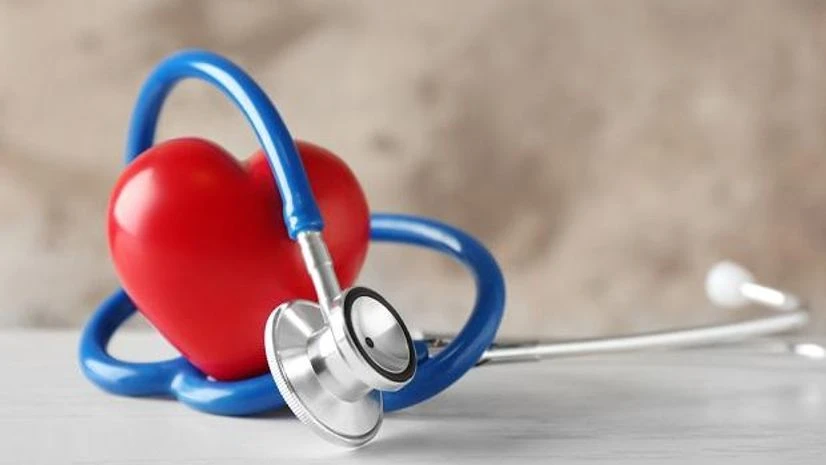In order to provide better healthcare facilities, the National Health Authority (NHA) has adopted the Standard Treatment Guidelines (STGs) for their claim at adjudication. These STGs have been framed by the Indian Council of Medical Research Institute (ICMR).
For this, NHA and ICMR are continuously discussing the modalities and strategies to develop the adoption and implementation of STGs in the Aysuhman Bharat-Prime Minister Jan Arogya Yojna (AB-PMJAY), which is the biggest healthcare scheme in the world that provides a cover of Rs 5 lakh per family per year to around 50 crore poor and vulnerable individuals.
"So far, the ICMR has developed STGs for 30 treatment modalities like cataract, COPD, hysterectomy, hemodialysis, emergency management of ureteric stones, respiratory failure due to any cause, PTCA, systemic thrombolysis, coronary artery bypass grafting (CABG), low cardiac output IABP inspection post-operatively, asthma, epilepsy, stroke, D & C (dilatation and curettage), etc. NHA has adopted these STGs in the scheme and would likely to increase in future," a senior official at NHA told ANI.
"It will be beneficial for the patients so that they get treatment as per the standardised guidelines. It will be beneficial for doctors as they can get away from the hassles of medico-legal cases. Hospitals would know the type of treatment and what are the requirements for consumables and drugs. This will also allow insurance experts to fulfill all norms of STGs in their healthcare packages as drafted by ICMR," said the official.
The apex medical research body has defined STGs as standard treatment schedules, standard treatment protocols or therapeutic guidelines, are systematically developed statements designed to assist practitioners and patients in making informed decisions about suitable healthcare for specific clinical conditions.
According to ICMR, these STGs are used worldwide to prevent the misuse of medicines through the improper treatment of common problems and to encourage the economically efficient and therapeutic effective usage of medicines.

)
